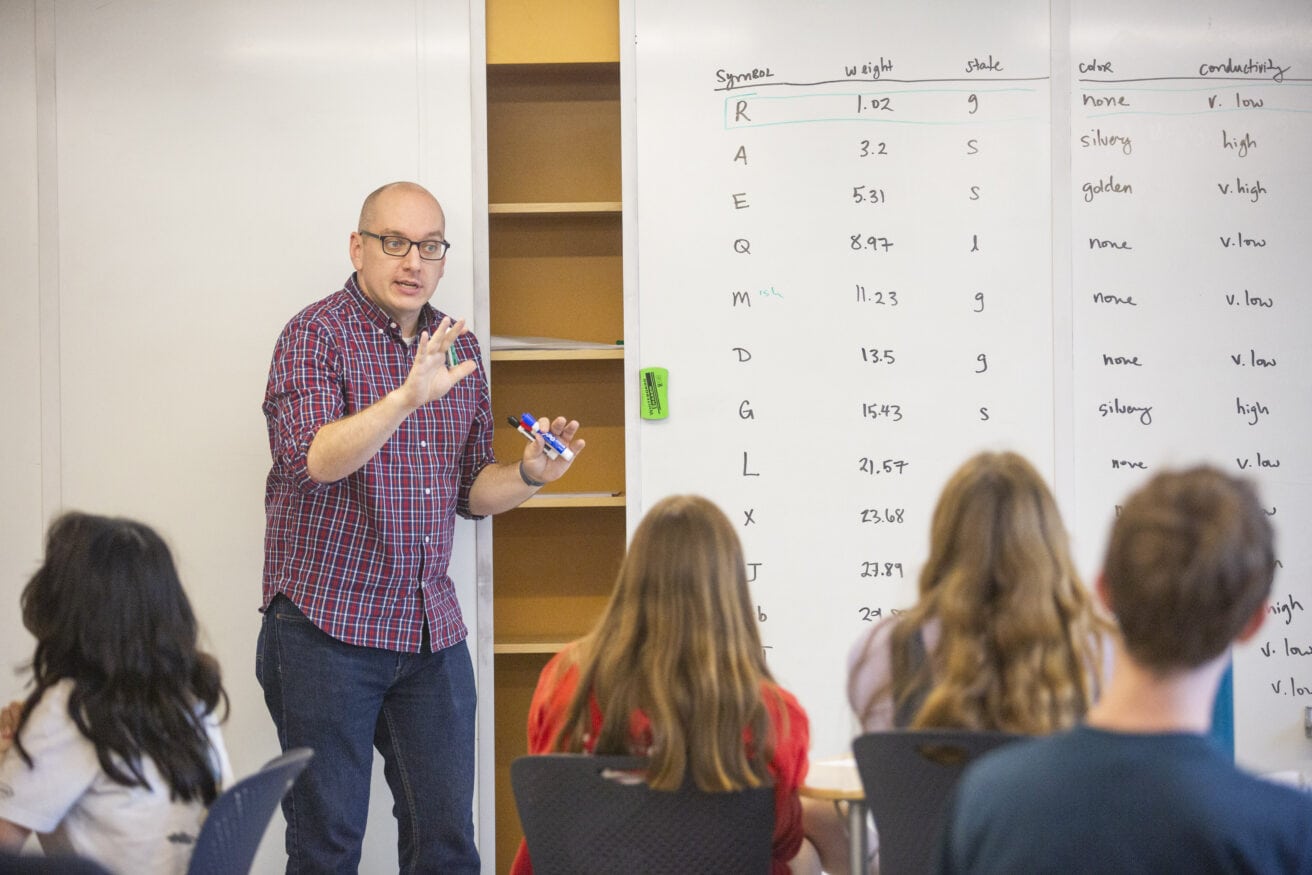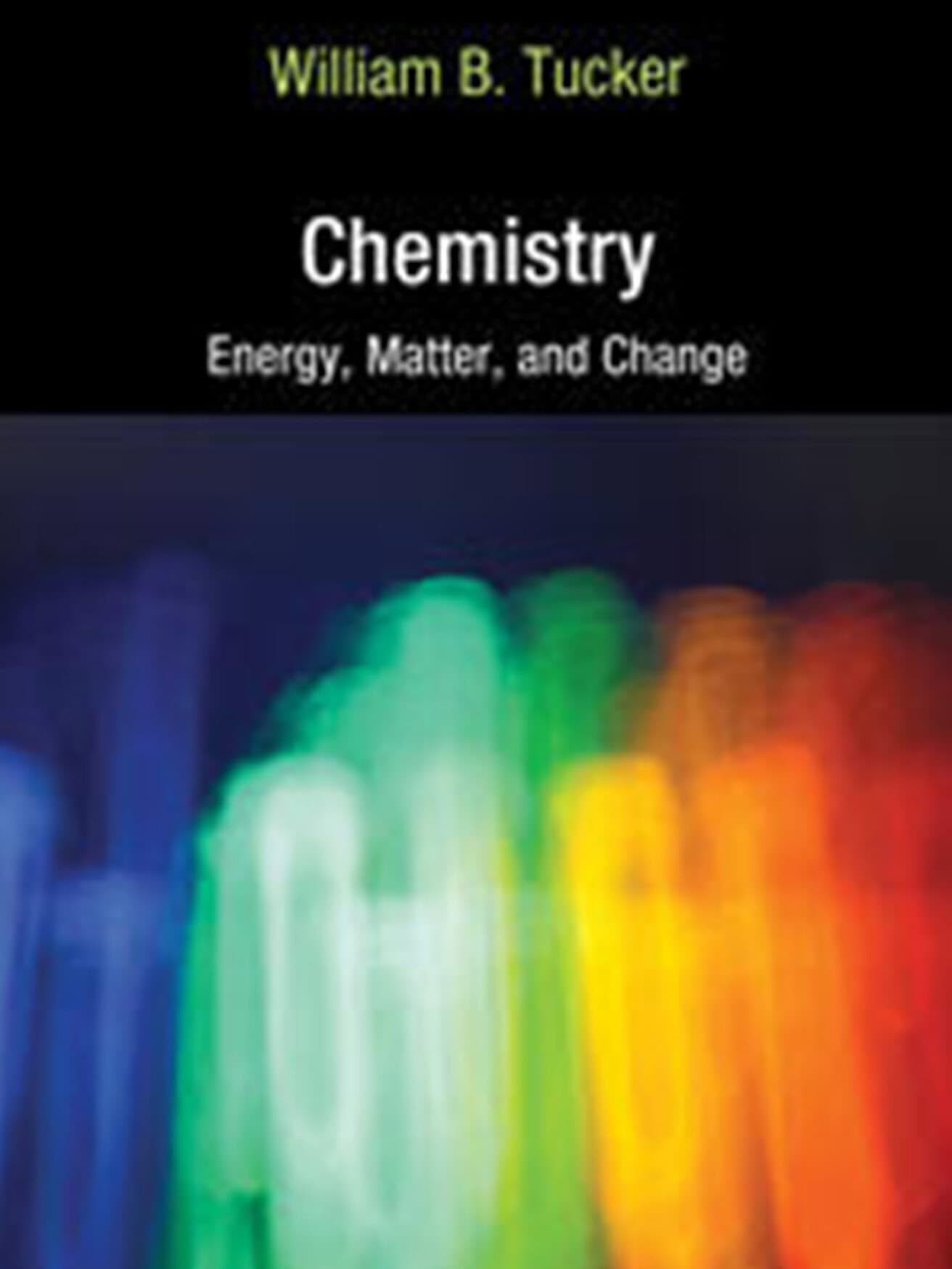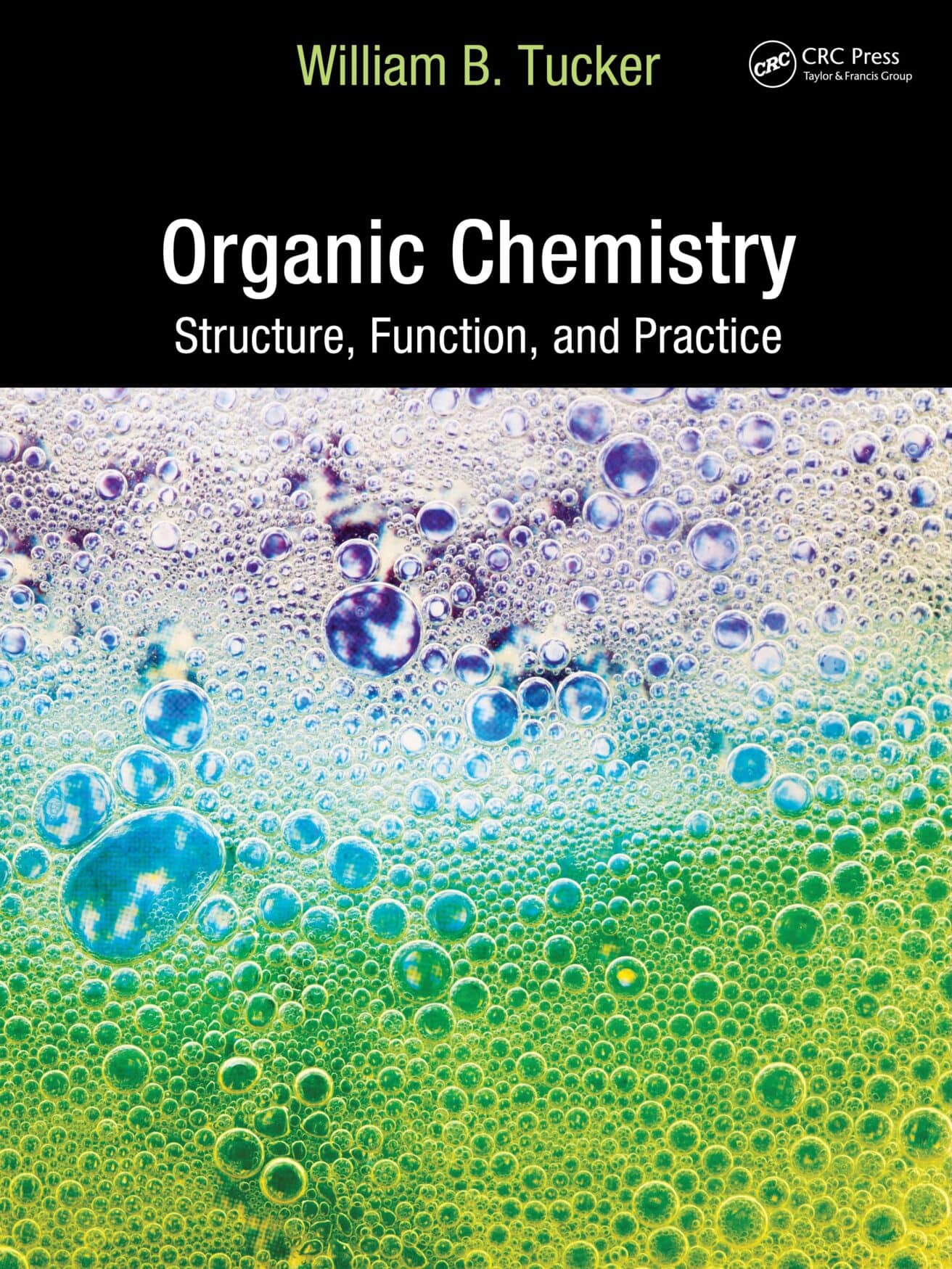Chemistry For Change

CA science teacher writes green textbooks for all
This summer, Taylor and Francis published two open-access textbooks by Will Tucker, head of the Science Department at Concord Academy. Focusing on general chemistry and organic chemistry, the textbooks will prioritize sustainability both in their content and how they’re distributed. Reflecting on his motivation for writing them, Tucker says “it all began with a desire to provide students with accessible resources.”
The idea arose naturally out of his classroom experiences. In his previous position as a postdoctoral faculty fellow co-teaching undergraduate students at Boston University, he began crafting specialized notes to aid his students’ understanding. After he started teaching at CA, he found himself wanting to piece together various resources, including textbook chapters, article scans, and his original writing to tailor his approach more effectively. He decided to write his own textbooks that would better suit CA students’ needs.
Recognizing the financial barriers textbooks can create, Tucker envisioned a more inclusive learning resource. With support from the Concord Academy Class of 1972 Green Seed Fund and the Academic Office, he secured funding to publish the textbooks digitally and make them free for students and educators around the globe to access. Chemistry: Energy, Matter, and Change Organic Chemistry: Structure, Function, and Practice, are available now.
Tucker asked Jake Klineman ’25 to help review Chemistry: Energy, Matter, and Change. Jake, who is credited as the book’s editor, brought their passion for green chemistry to the process, emphasizing the student perspective.
“Understanding green chemistry can help us make our impact positive,” Jake says. “Furthermore, the green chemistry sections of the book provide a lot of context for how to apply green chemistry principles to everyday life.”
Both books emphasize green chemistry best practices, including preventing waste and minimizing harm to people and the environment. The texts promote the design of safer chemicals and energy-efficient processes, the use of renewable resources, and the prioritization of safety and pollution prevention.
The textbooks are inspired in part by Concord Academy students’ curiosity. “CA students want to ask questions,” Tucker says. “There’s a general desire to know more about the subject than is being presented. Those questions end up reshaping how I teach.”
For example, a student in his chemistry class inquired about the format of the units for attractive energy between gas particles. It was a question Tucker had never considered before. He did some digging and found that the units translated to energy per amount per concentration. When this interpretation helped clarify the student’s understanding, he decided to use this approach in his book.
Tucker specializes in presenting complex information in an intuitive and easy-to-understand way. “Just like Will as a teacher, the books will ensure that you understand the material,” Jake says.
In the textbooks, experiments and questions are strategically placed alongside relevant material, facilitating direct comparisons in the classroom. Tucker says it was his goal “to make the actual practice of problem-solving in chemistry more integrated into the experience.”
The textbooks provide ample opportunities for active, hands-on learning. One of Tucker’s favorite experiments in Chemistry: Energy, Matter, and Change, inspired by Rutherford Lab’s gold foil experiment, educates students about atomic theory by having them throw ping-pong balls through a frame and calculate the deflection rate. His books also emphasize transparency in research, citing sources to provide avenues for further exploration.
Reflecting on their collaboration, Jake expressed gratitude for Tucker’s mentorship. Jake had come to CA focused on the performing arts, and Tucker’s creative approach to science education expanded their passions.
“Will had so much faith in what I could accomplish with him,” Jake says. “His trust in my chemistry ability has truly changed the way I think about chemistry and myself. He has single-handedly made me a better scientist and a better person.”
Through creating textbooks grounded in real-world learning and applications, Tucker aims to demystify science education and make it accessible to learners of all backgrounds. He’s also continuing to learn. “This has made me a much better chemist,” he says. “I think much more deeply about my field.” – Vanessa De Zorzi




